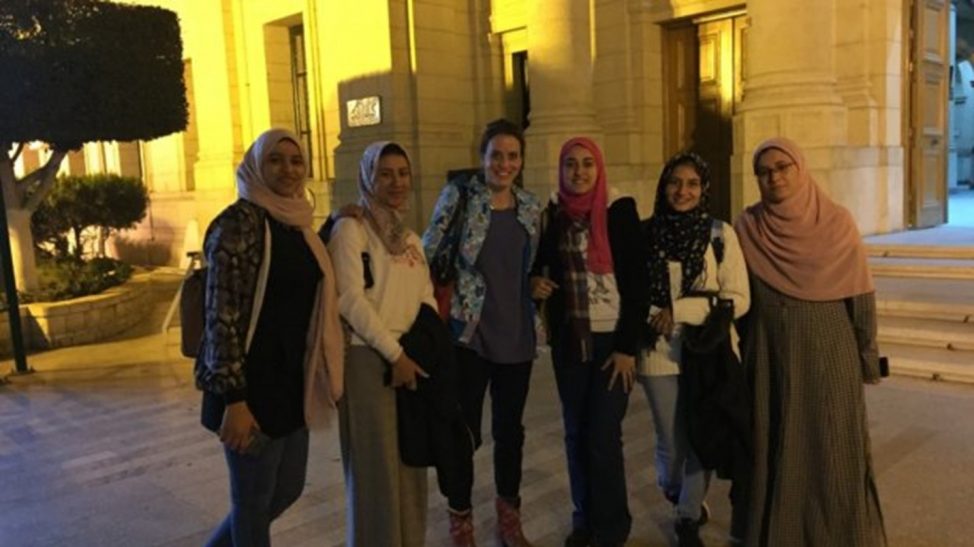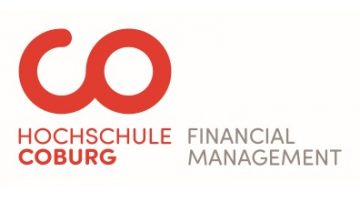University Teaching in Times of Covid-19 – an Online Experiment

Dr. Gertje Krumbholz, DAAD-Lecturer at Cairo University, describes how she and her students dealt with the situation.
March 15th: Since today universities and schools are closed in Egypt. Everybody is trying to adapt to the new conditions. We, the lecturers of the German Department at Cairo University, get the task to prepare work sheets for the students for the rest of the term within a couple of days. Sounds impossible. I teach two modules this term, each of them three hours per week, there is eight weeks left. Roughly calculated that means to prepare 48 teaching hours on paper! Fortunately, after discussing the impossibility of fulfilling this task with the colleagues, it gets reduced to preparing the next two to three weeks. What a relief. Still, while writing down tasks, introductions, explanations and summaries of what we did, I realize how difficult it is to guide the students through a task sheet on a written basis. I miss their feedback, miss seeing in their faces the unspoken question marks, miss to listen to their questions and comments which show me what is not understood yet. I miss the white board for discussing an example or doing a spontaneous brainstorming with them. I even miss my hands to express myself better.
With students of the second year in front of the campus, April 2019.
End of March: After the students received their work sheets, I start to communicate with them on WhatsApp. Did they receive the papers? Yes. Did they start to work on it yet? No. We agree on a date for our first online lecture. But how? The internet is full of recommendations, everybody is suddenly talking about the pros and cons of Zoom, Skype, Google Classroom, Cisco Webex, Edmodo, Moodle and Co. I start my research and get lost soon. Obviously, it’s not something that you can work yourself into within a couple of hours or days. At some point, I shut my research down, close the computer and start to rethink. I don’t try to find out anymore what program/platform/app might be the best, but I think about what I really need for my online teaching. I end up realizing that I basically just need an online tool that it is free for the students and easy to install, register and login and that gives me the chance to make group calls and share text messages and documents within the call. The easiest option that offers all the requirements is Facebook messenger. That’s it. Within minutes the students create a group for each class. I do not even have to become friends within Facebook to join the group. Right before the first group call, I face a browser problem: Neither Safari nor Firefox works for group calls, only Google Chrome. And then we start. It works surprisingly fine. We are all happy to hear each other. We work for around 90 minutes and are able to clarify a lot. I didn’t expect that the pure fact of talking to each other makes such a huge difference.
End of April: Every week I filled in an online form documenting the number of active students and the communication medium we worked with. We succeeded in having Facebook messenger calls once a week in small groups with five to six students at the same time. We managed to discuss the homework that most of the students prepared regularly and to clarify many questions. We also managed to work on language, correct grammar and word choices by sending messages within the group during the calls. Furthermore, the students corrected their homework mutual through sharing it in the group.





